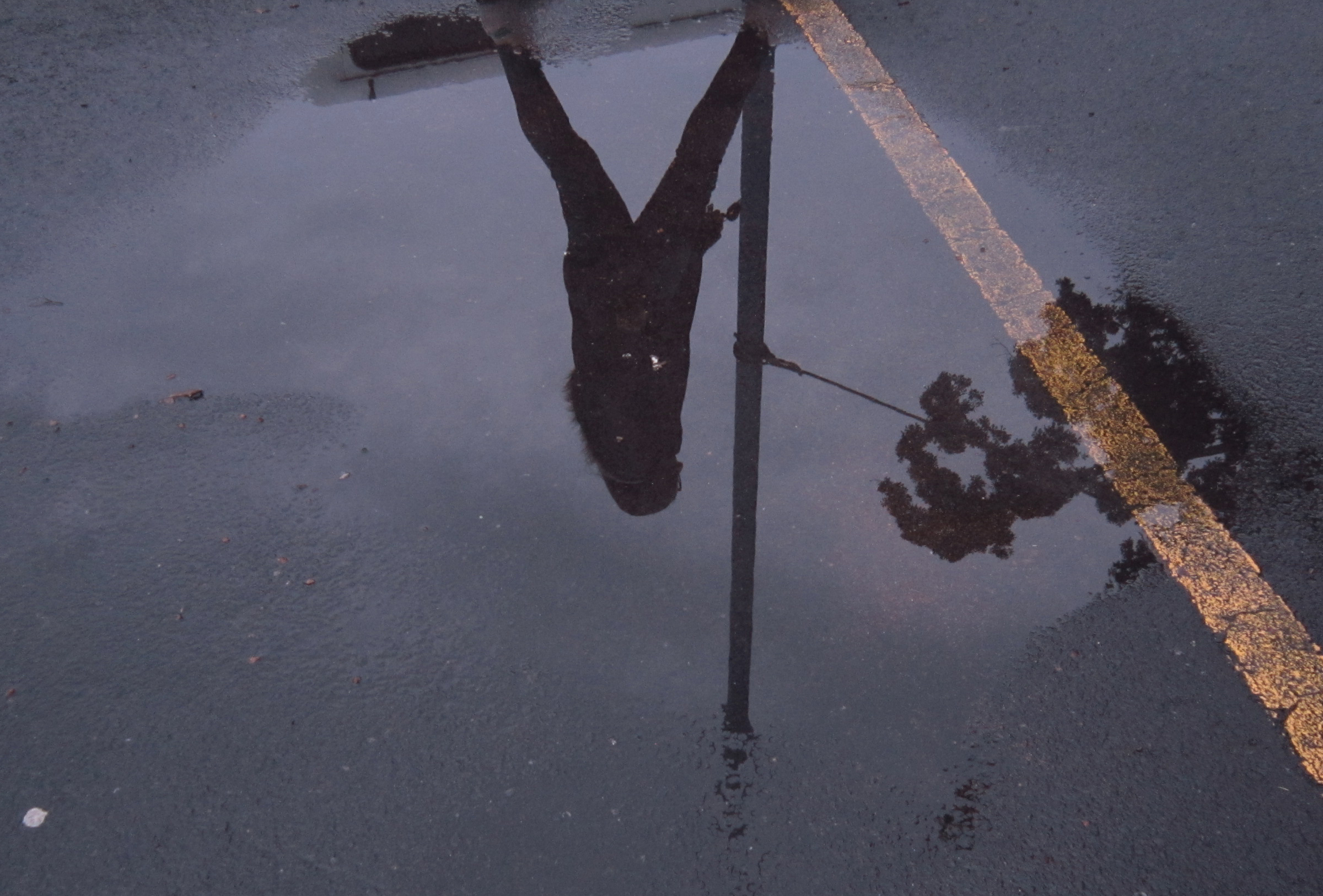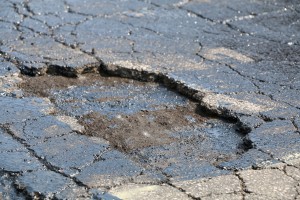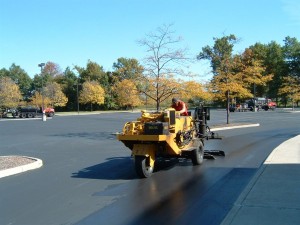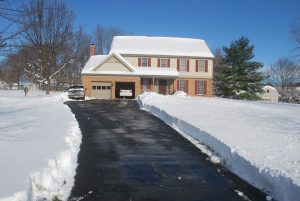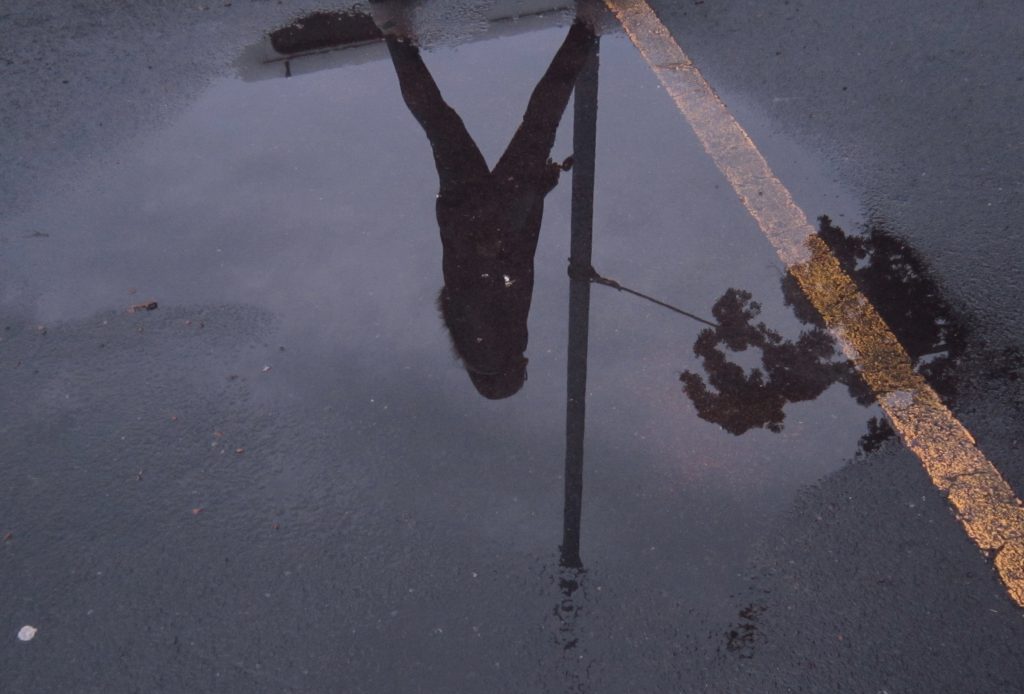
As harmless as it may seem, water on your asphalt pavement is unwelcome for a variety of reasons. Standing water can wreak havoc on your driveway or other surfaces paved with asphalt leading to significant damage, costly repairs or even a premature need to re-pave the surface. These hazards are worsened if there is gasoline or oil on the pavement. These materials soften the asphalt and allow water to penetrate more quickly.If the water finds a crack or other break in the pavement that it can enter, it may erode the pavement’s base and destabilize it. Potholes, alligator cracking and large cracks can result, leaving you with a costly repair bill.
What Causes Standing Water?
When heavy equipment or trucks drive or park on your pavement, depressed areas can form if your lot was not designed to support large loads. Normal wear can also cause holes to form, such as if the asphalt was not properly compacted when it was applied. “Bowls” can also develop where the ground underneath the driveway has shifted or sunk to a lower level. Additionally, your drainage system may be inadequate to handle the volume of rain in your area. Water may have already eroded the pavement’s foundation, allowing the pavement to sink in spots. There are a lot of reasons why depressions form in your asphalt where water can collect and puddle, leaving standing water. Standing water eventually penetrates the seal coating and begins to oxidize and deteriorate the asphalt binder. When this happens, cracks will start to form around the sunken areas in your driveway. In extreme cases, your asphalt may start to crumble.
How Can Standing Water Be Prevented?
There are a few things you can do to prevent the formation of depressions that allow water to pool on your pavement. Do not allow trucks to drive through your parking lot. Also not allow heavy equipment or objects sit on your lot for an extended period. Remove oil and other spills as soon as possible. If you have catch basins or storm drains, keep them free from debris. If they clog, water can back up and collect on your pavement.
How Do You Deal With Standing Water?
You can dry up the water with a towel or a wet/dry vacuum, but this is a hassle and a waste of time if you have ongoing rain. The most effective way to fix a standing water problem is to call a professional who can inspect your parking lot and determine the cause. If needed they can fill in the sunken areas of your driveway so that rainwater can run off the pavement and be absorbed into the ground. If you have inadequate drainage, they may suggest trench drains or a system of curbs and gutters.
Supreme Sealing has specialized in sealing, asphalt and pavement repair in the Western New York community for more than 25 years. With the cost of new blacktop and blacktop repairs steadily rising over the past few years, the need for crack filling (hot liquid asphalt) and seal coating as a preventative asphalt maintenance measure, has never been more apparent. For an estimate or consultation on any of the services we provide, please call our office at (716) 681-5262. Or you can fill out our contact form and we’ll get back to you as soon as possible.
